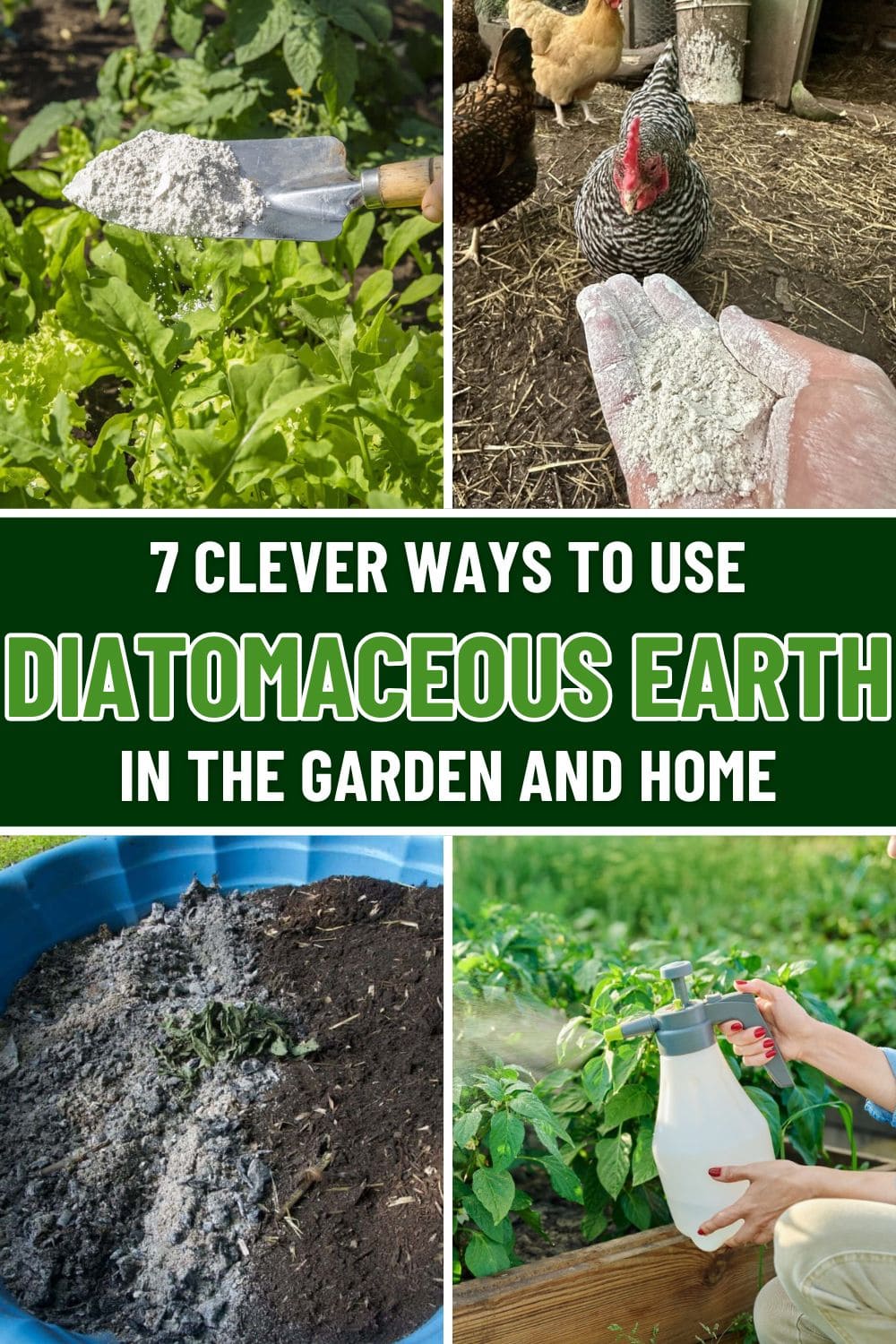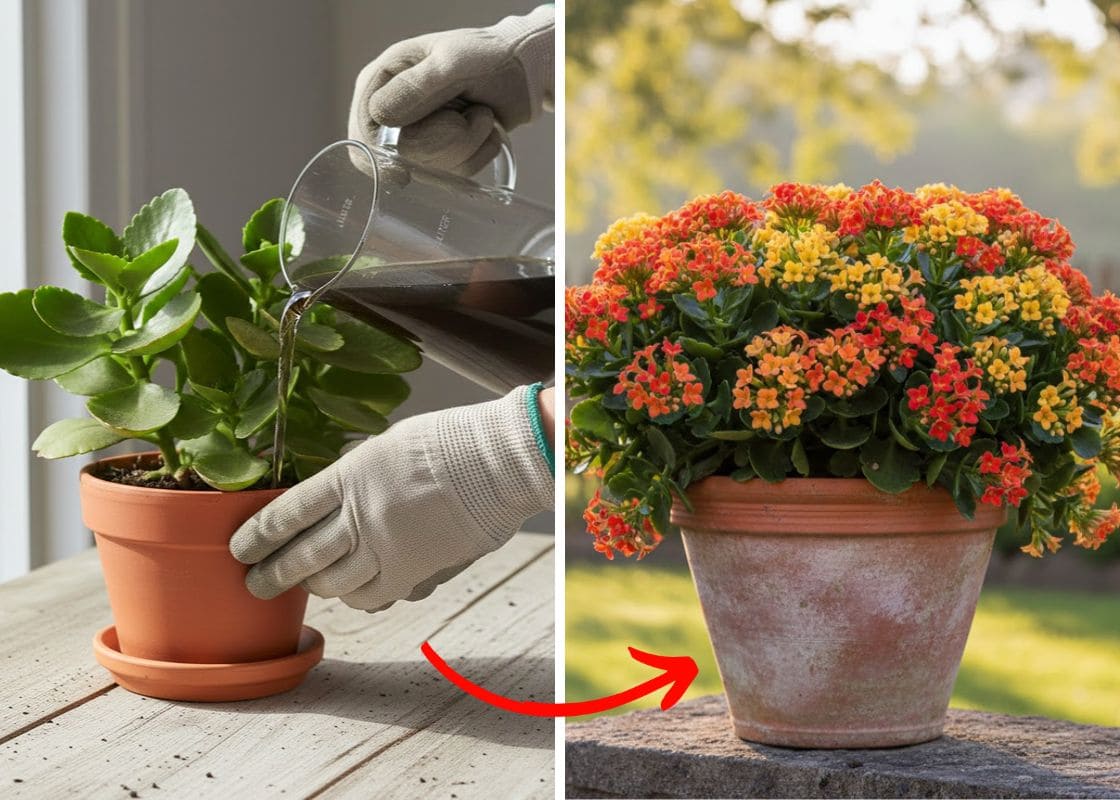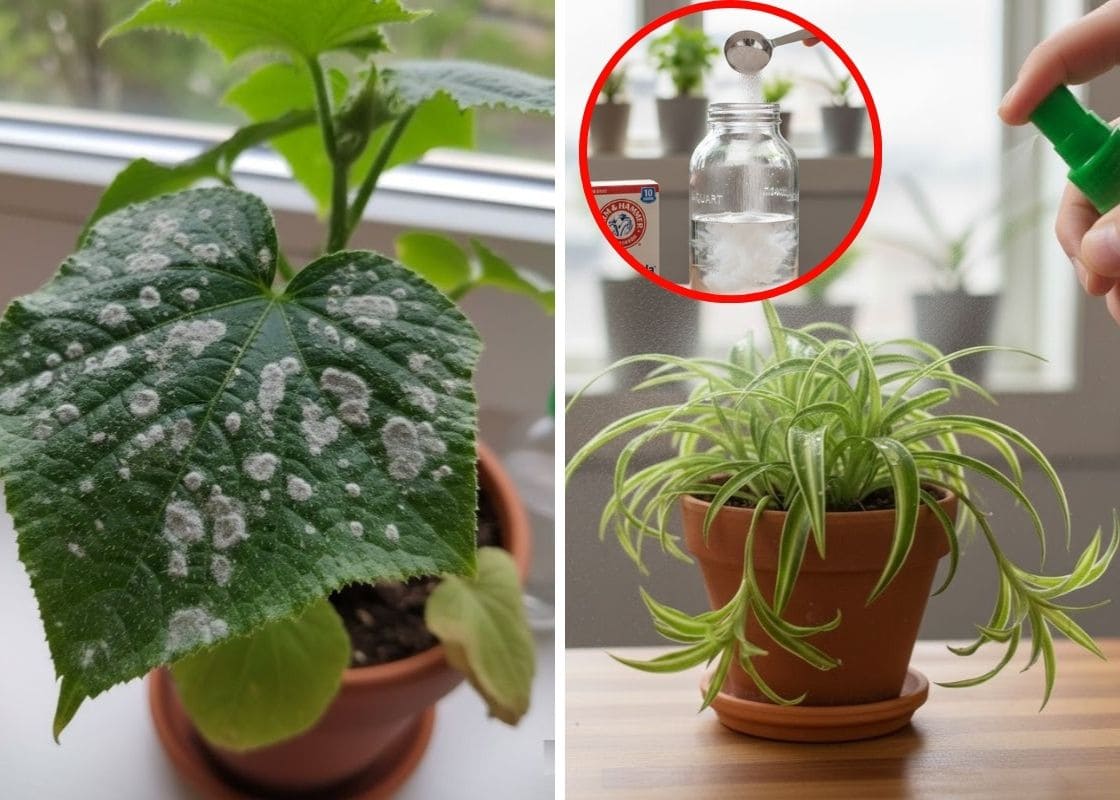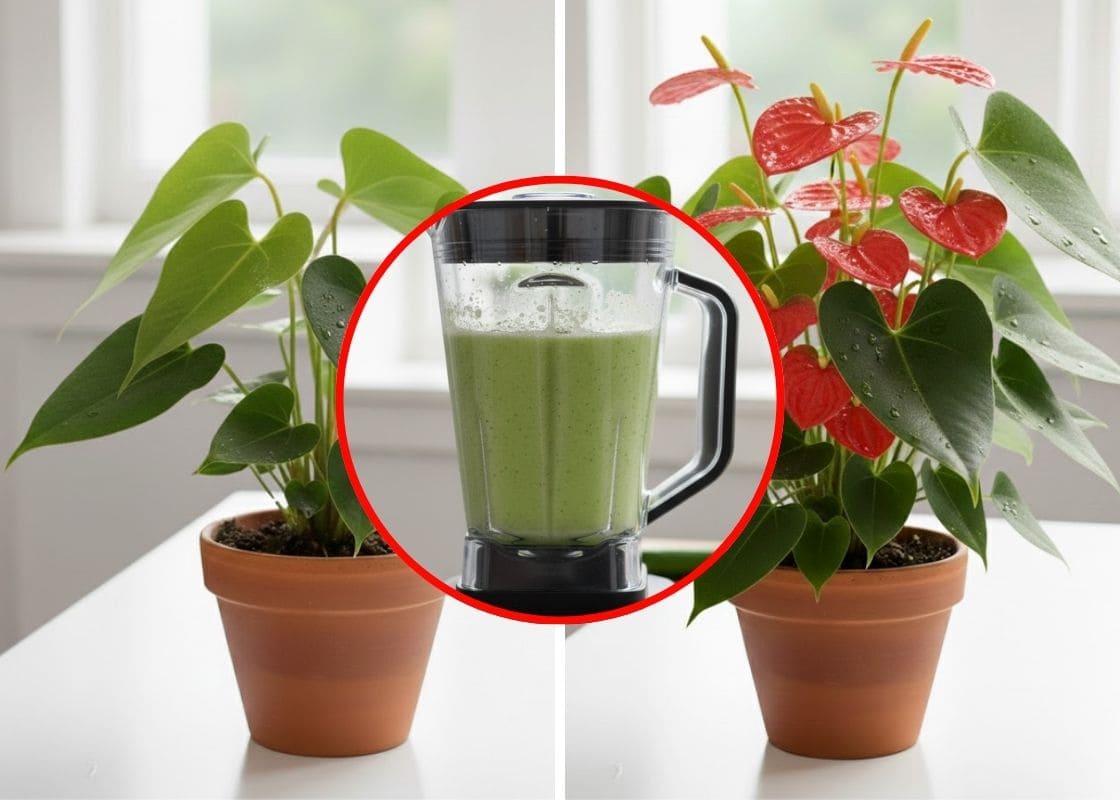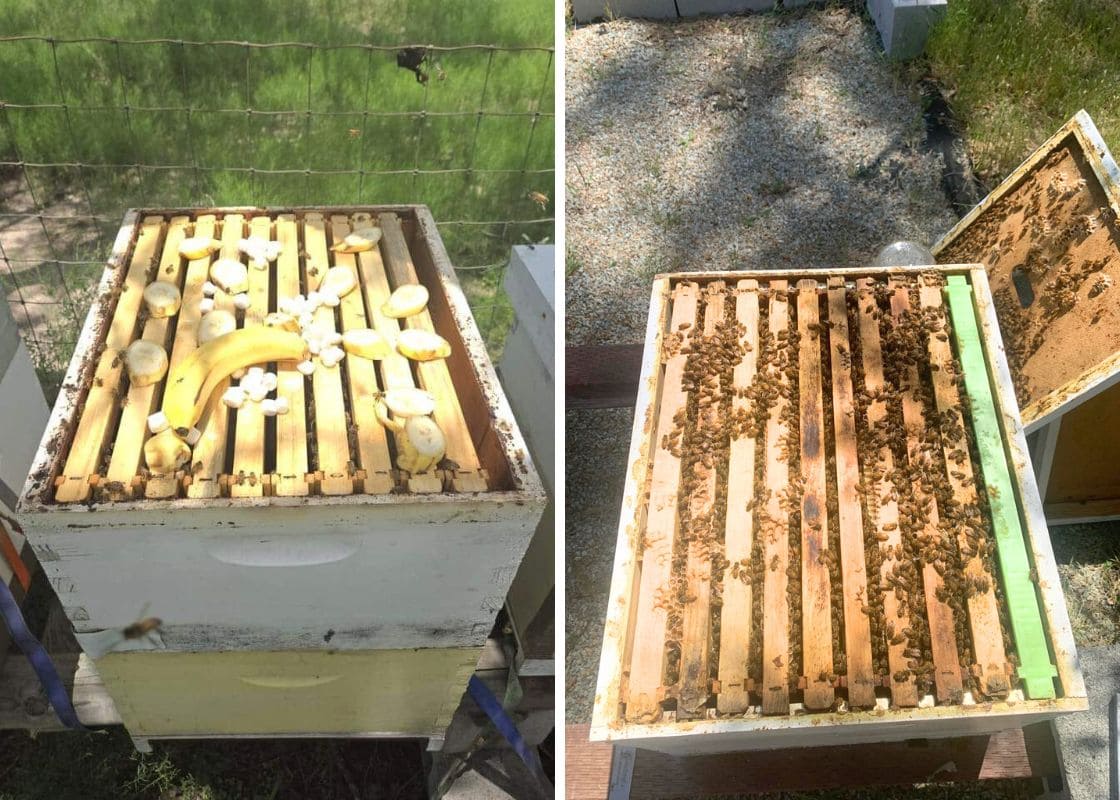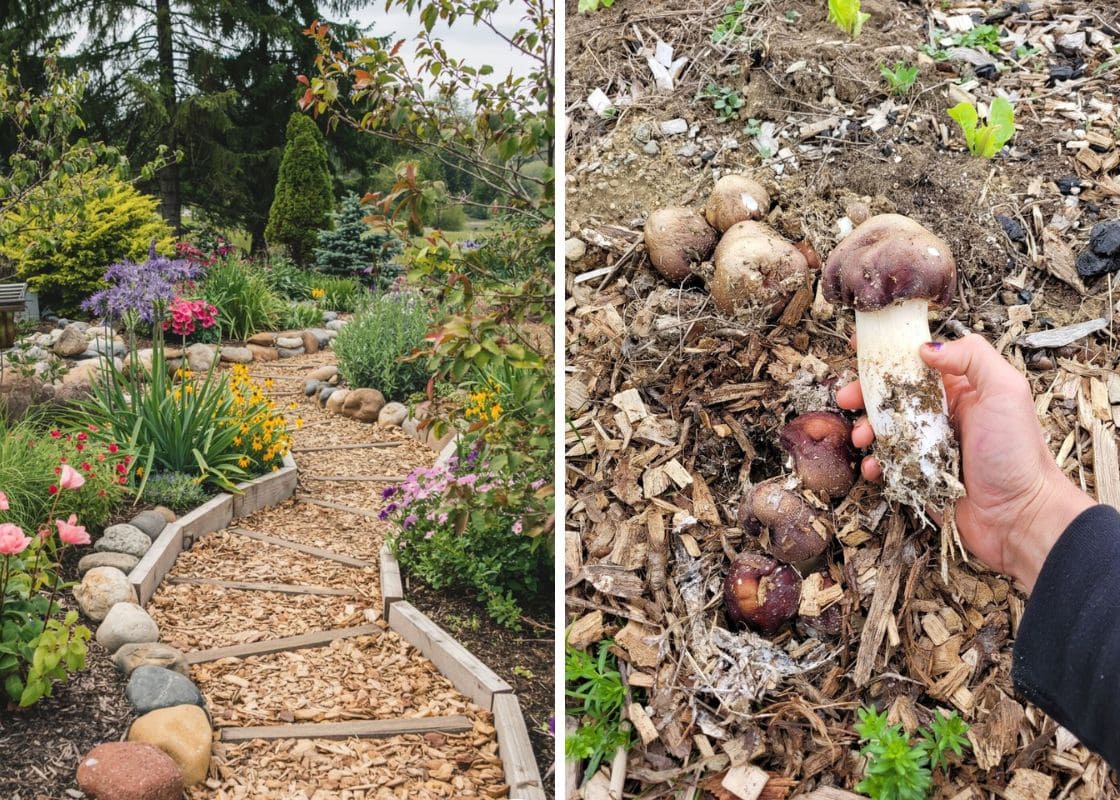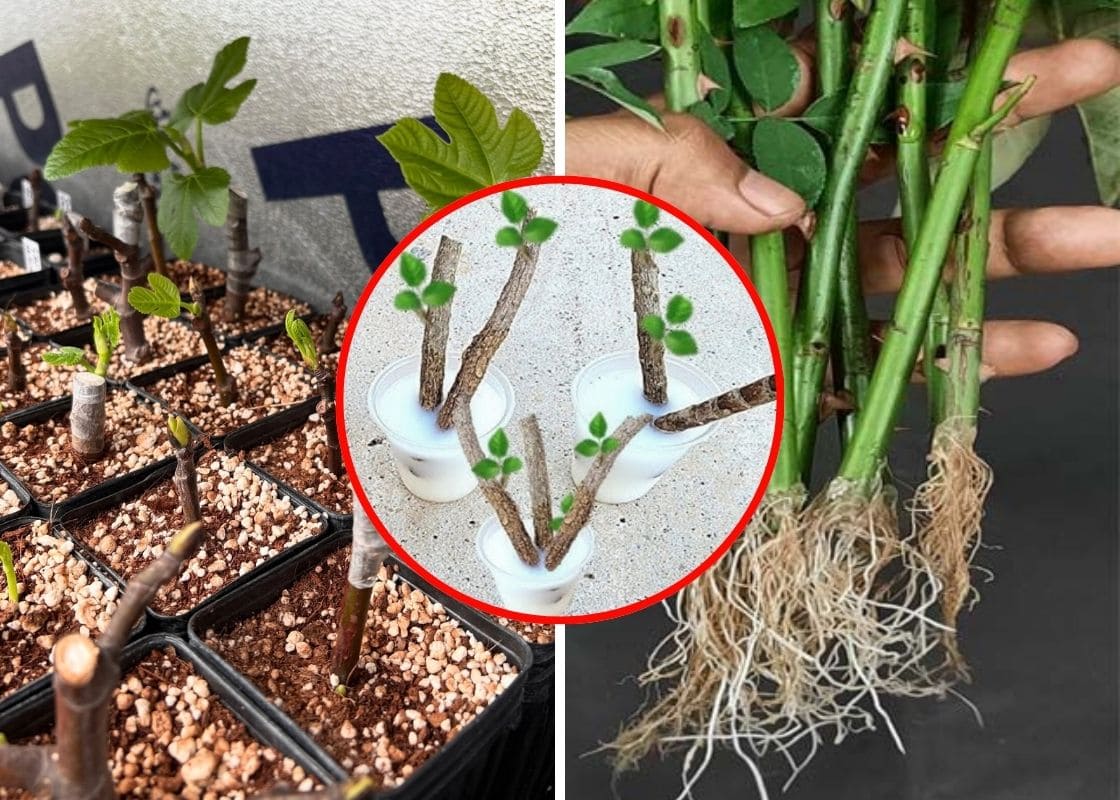If you’re looking for an all-natural, chemical-free way to protect your garden, home, and even pets, diatomaceous earth (DE) might be your new favorite multitasker.
This fine, chalky powder is made from fossilized algae called diatoms.
It may look soft, but under a microscope, it’s filled with tiny, sharp edges that dehydrate insects and pests on contact.
Specially, it’s completely safe for people, pets, and the environment when used correctly.
Here’s how you can make the most of this simple but powerful natural mineral.
1. Keep Garden Pests Under Control
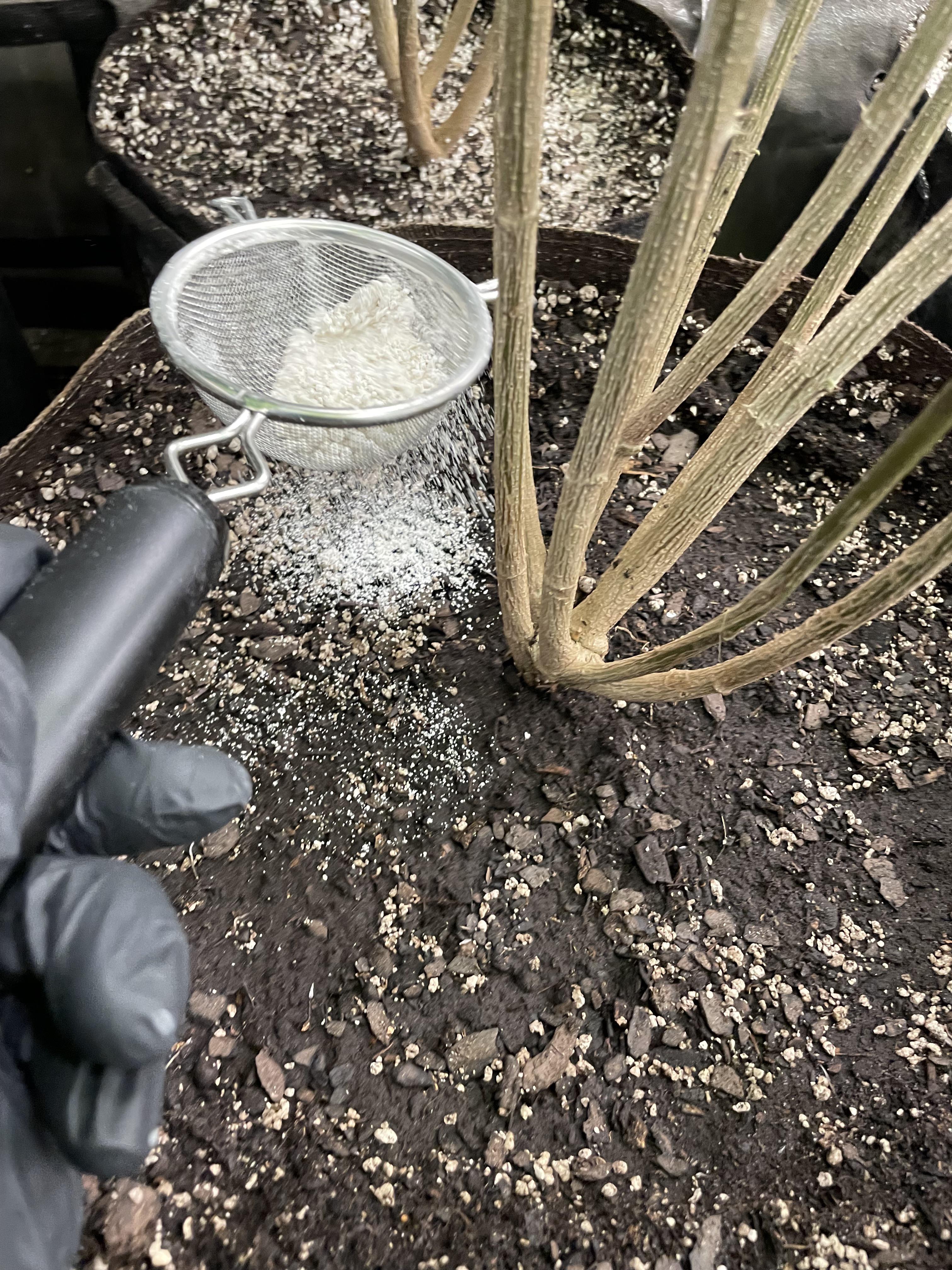
One of the easiest and most effective uses for diatomaceous earth is pest control.
You just sprinkle a light dusting over soil, plant leaves, or around the base of plants to deter ants, beetles, aphids, earwigs, and even slugs.
The powder clings to their bodies and breaks down their protective coating, drying them out naturally.
Also, reapply after rain or watering as DE only works when dry.
Many gardeners mix it with a small amount of flour or cornmeal to help spread it evenly.
2. Protect Your Vegetable Beds Naturally
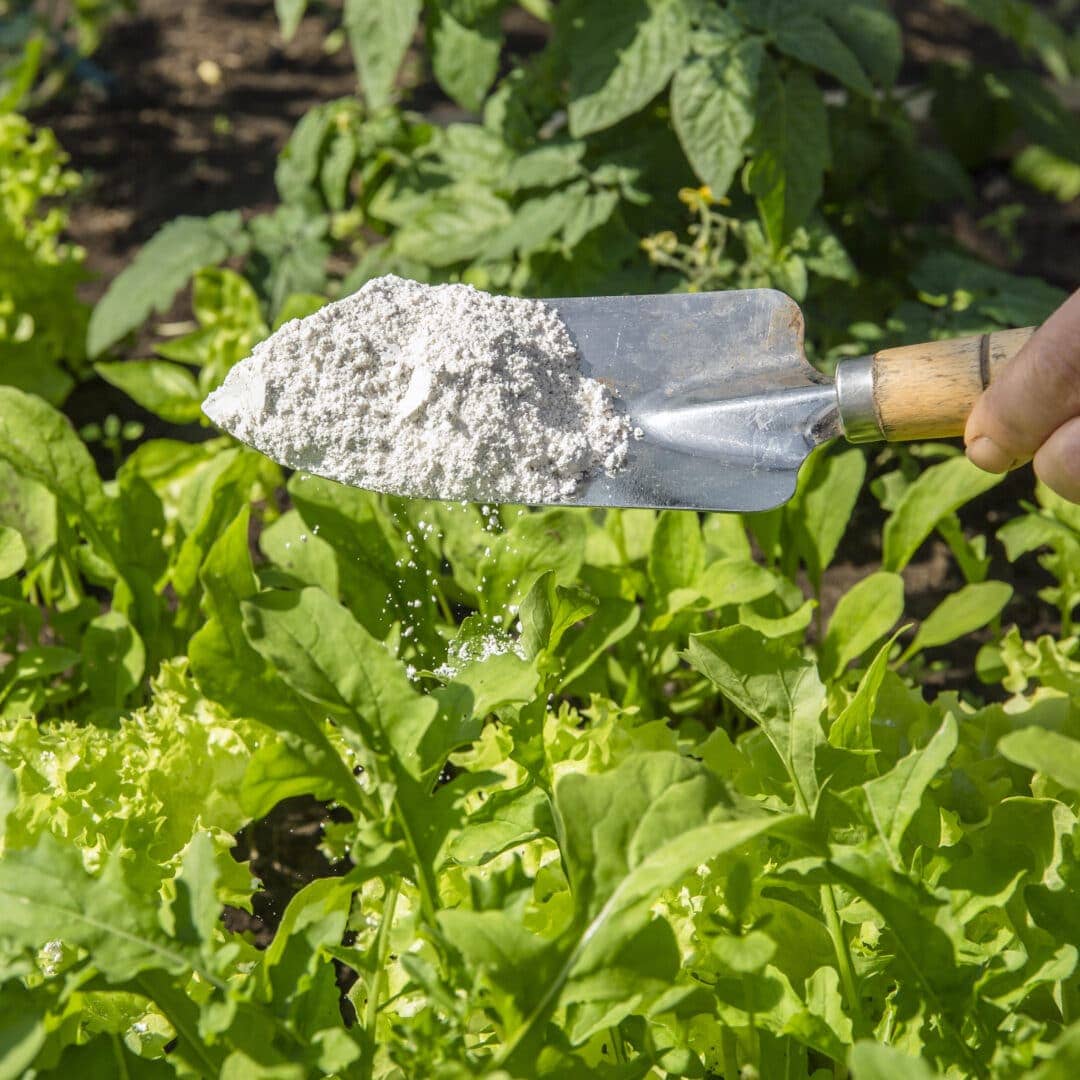
If you grow veggies, diatomaceous earth is a safe alternative to synthetic pesticides.
Dust around the edges of your garden beds or the stems of tender crops like lettuce, kale, and cucumbers.
It keeps crawling insects away without harming beneficial pollinators.
Because it’s food-grade, it’s safe to use around edible plants and just be sure to rinse vegetables well before eating.
3. Use It as a Natural Flea and Tick Treatment
Food-grade diatomaceous earth can help control fleas, ticks, and mites on pets.
Gently massage a small amount into your pet’s fur, avoiding their nose and eyes.
You can also sprinkle it around pet bedding or carpeted areas to kill pests naturally.
For farms or homesteads, DE is often used in chicken coops, goat pens, or barns to reduce lice and mites. It absorbs moisture and cuts down odors, too.
4. Freshen Up Your Home and Compost Bin
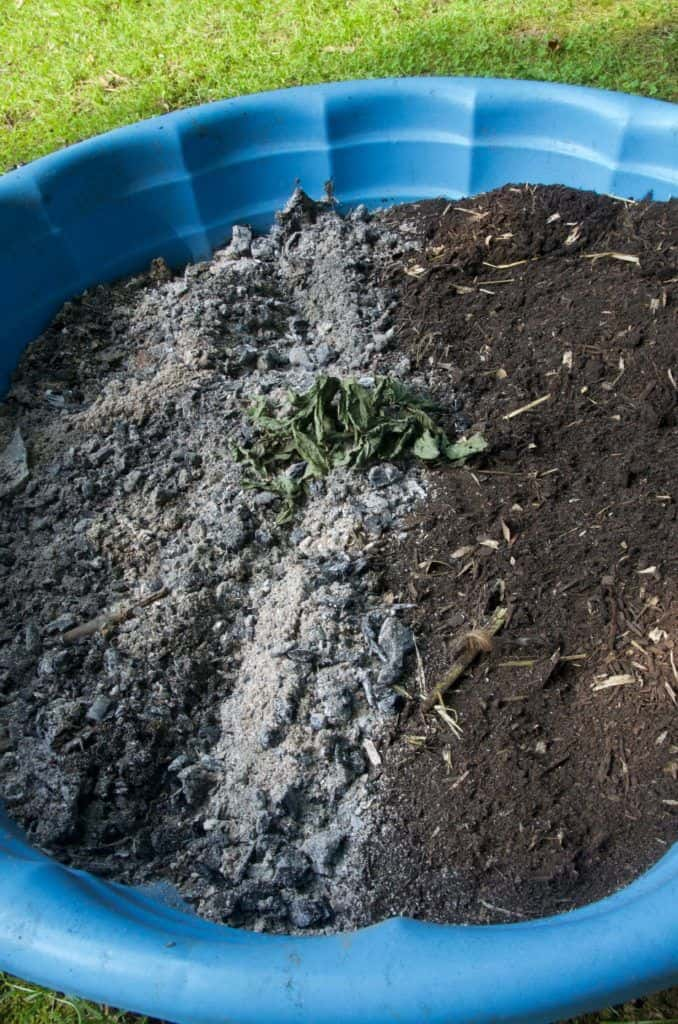
Diatomaceous earth is a natural deodorizer. A small open jar in the fridge absorbs unwanted smells.
Sprinkle some in compost bins, garbage cans, or cat litter to keep odors down and absorb excess moisture.
Because it’s non-toxic, it’s safe to use in kitchens or near food, just make sure you’re using food-grade DE, not the industrial kind used for filtration or pool maintenance.
5. Keep Pantry Pests Away
Pantry moths, weevils, and beetles can quickly ruin stored grains.
Mixing a teaspoon of food-grade DE into a container of rice, flour, or oats can prevent infestations.
The powder is safe to consume in small amounts and keeps dry goods pest-free for months.
You can also sprinkle a thin layer on pantry shelves or around storage bins as a barrier against crawling insects.
6. Natural Cleaner and Absorbent
DE works like a gentle abrasive cleaner, perfect for scrubbing sinks, tubs, and tile.
Mix it with a bit of vinegar or water to form a paste, and you’ll have a natural scouring solution that removes grime without scratching surfaces.
It also absorbs grease and spills, so you can use it to clean oil stains on concrete, countertops, or garage floors.
7. Maintain a Healthy Chicken Coop or Barn
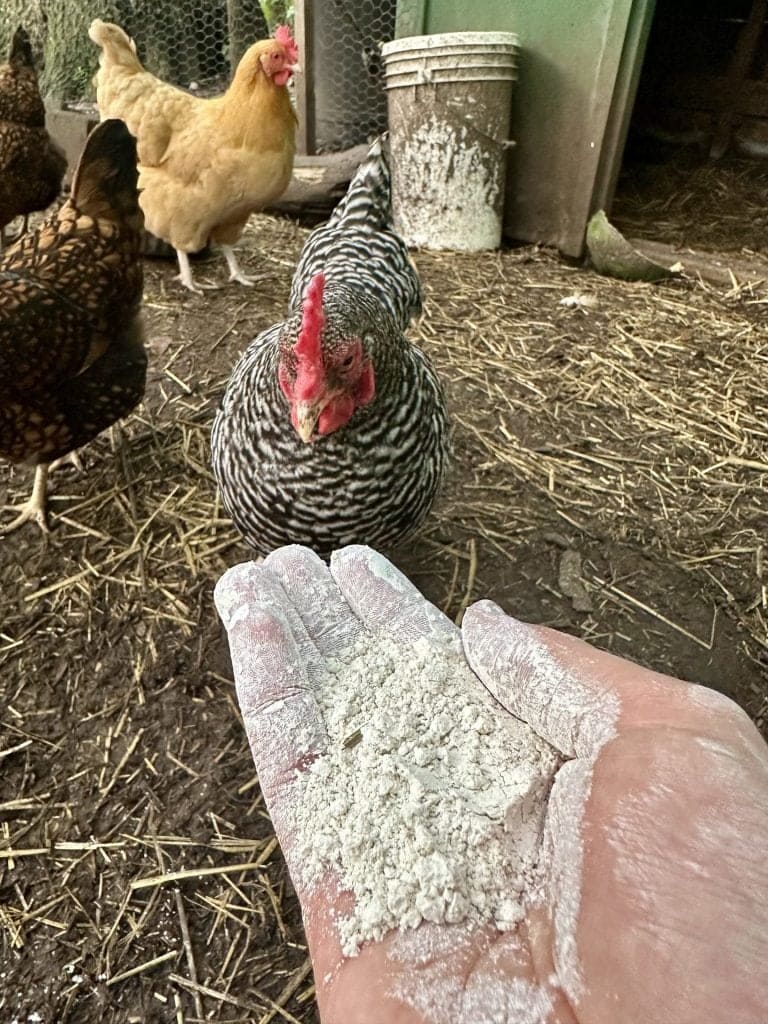
If you raise chickens or livestock, sprinkle diatomaceous earth under bedding, around nesting boxes, and in dust baths.
It helps control mites, lice, and flies naturally. Chickens even enjoy dusting themselves in it.
It also dries out manure and bedding, reducing moisture and smell, which makes your coop healthier overall.
A Few Safety Notes
- Always use food-grade diatomaceous earth, especially around food, pets, or animals.
- Avoid breathing in the fine dust, so wear a simple mask when applying it.
- Store it in a cool, dry place to keep it effective.
- Reapply after rain or washing, since DE loses power when wet.
Why It’s Worth Using
Diatomaceous earth is one of those old-fashioned solutions that still work beautifully today.
It’s simple, safe, and sustainable, no synthetic chemicals, no complicated instructions. Just a fine dust that quietly protects your garden, home, and animals.
Once you start using it, you’ll find new ways to fit it into daily life from pest control to cleaning to keeping the coop smelling fresh.
Refer to: Here’s Why Baking Soda Is a Gardener’s Best Companion
